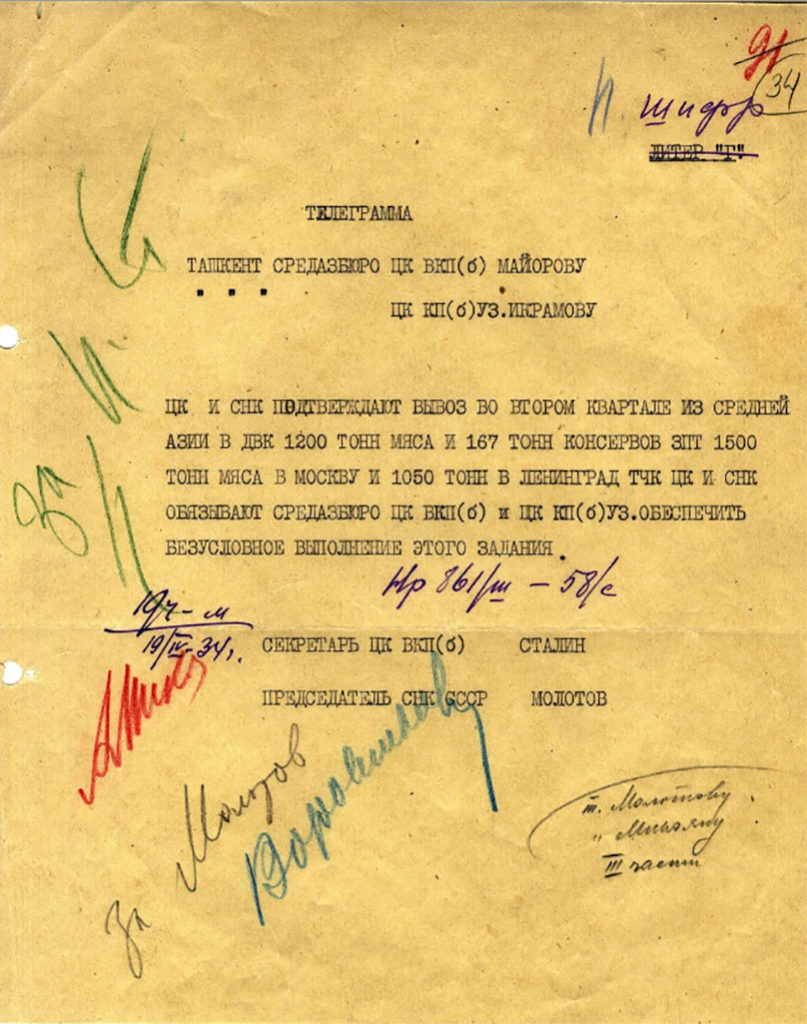Stalin Digital Archive
Unprecedented access to historically significant content
East View proudly presents a landmark collection for scholarly research: the Stalin Digital Archive (SDA). The result of years of collaboration between Yale University Press and the Russian State Archive of Social and Political History (RGASPI), SDA provides access to materials from Stalin’s personal archive and monographs on the history of Soviet and international communism. This web-based archive of primary and secondary sources presents documents that have previously only been available at the RGASPI archive in Russia. Digital versions of the acclaimed Yale University Press Annals of Communism book series supplement the RGASPI collection with scholarly commentary on selected documents concerning the history of Soviet and international communism from Russian state and party archives spanning the 75-year history of the USSR. In addition, the SDA interface supports collaboration between scholars and students through discussion forums associated with particular research interests.
